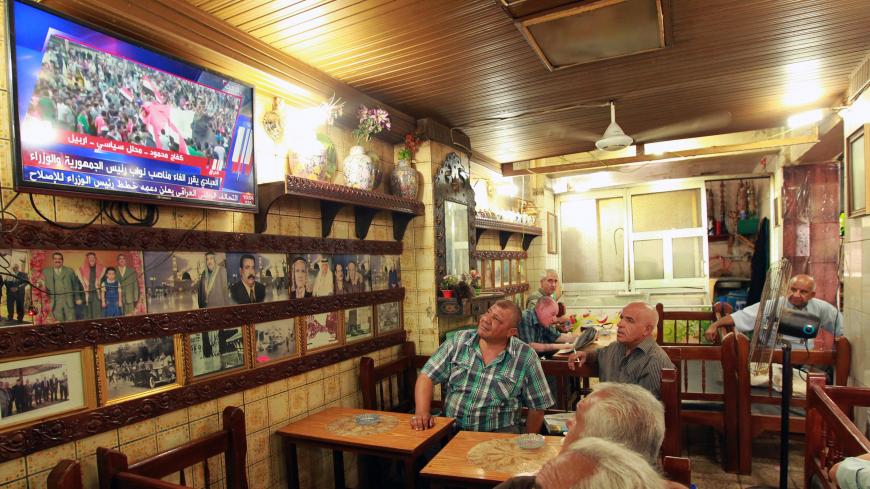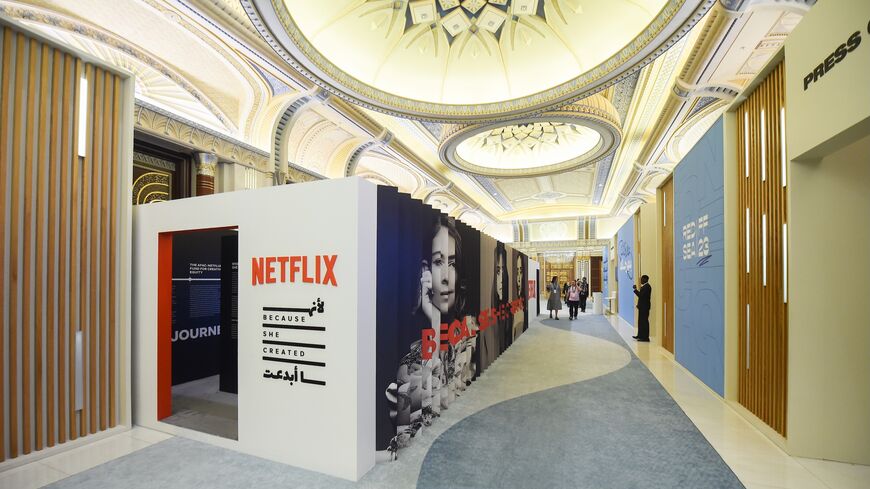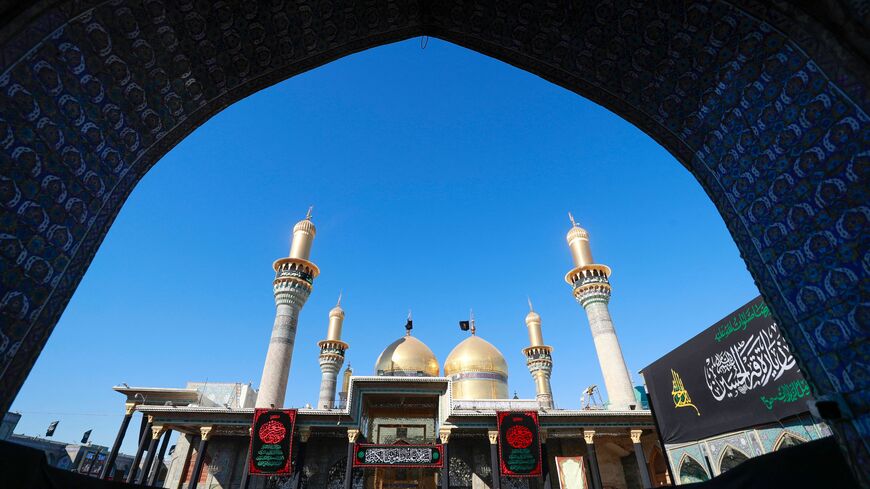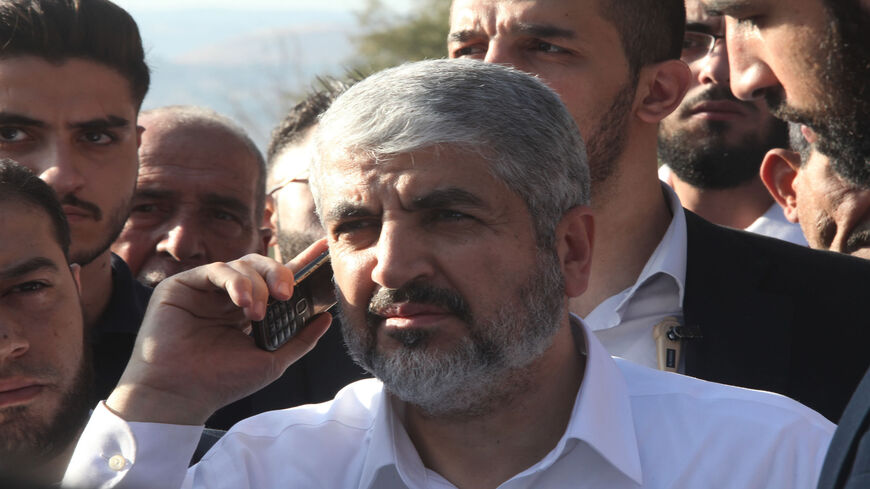What's behind Algeria's suspension of Saudi-owned Al Arabiya?
Algeria suspended the press license of Saudi state-owned Al Arabiya news channel just one day after Iraq suspended the license of Saudi-owned TV channel MBC.
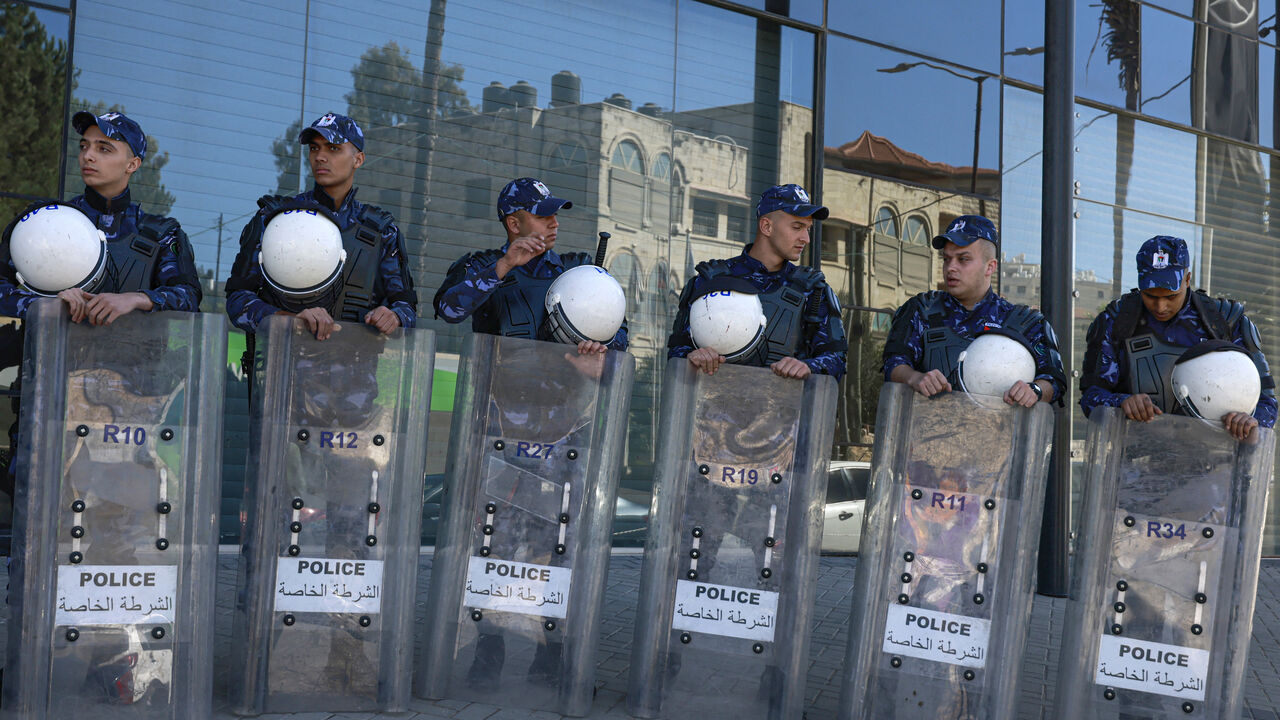
Algeria has suspended the operating license of Saudi Arabia's state-owned international Arabic news channel Al Arabiya over accusations of reporting bias over the wars in Gaza and Lebanon.
According to Algeria's state news agency, Algerie Presse Service, the country's Ministry of Communications announced the withdrawal of Al Arabiya's license on Sunday. No official details were released regarding the reason behind the suspension, but Iranian state media reported that Al Arabiya was suspended due to its portrayal of the wars in a way that weakens the morale of Palestinian and Lebanese people.
This is not the first time that Algeria has locked horns with the network. In July 2021, Algeria removed Al Arabiya’s accreditation “for not respecting the rules of professional ethics and [for] practicing media misinformation and manipulation,” the Algerian Ministry of Communication said in a statement at the time, without providing specific details. Algeria has a history of targeting foreign media outlets as well as its own journalists.
In June 2021, Algeria revoked the press accreditation of France 24 after accusing it of bias in its coverage of the Hirak movement, a series of anti-government protests in Algeria that opposed former Algerian President Abdelaziz Bouteflika.
Algeria also frequently detains Algerian journalists. In late June, authorities arrested local journalists Omar Ferhat and Sofiane Ghirous after their outlet, Algeria Scoop, published a video that showed two women protesting their experience of mistreatment at a government event.
Algeria's recent move against Al Arabiya came just one day after Iraq’s Communications and Media Commission revoked the license and closed the office of Saudi media conglomerate MBC Group, the parent company of Al Arabiya. The decision came after MBC aired a controversial report on Friday calling recently slain Hezbollah leader Hassan Nasrallah, Hamas leader Ismail Haniyeh, Islamic Revolutionary Guard Corps commander Qasem Soleimani and others terrorists. The report has since been removed from all MBC platforms.
Late on Friday, a crowd of 400 to 500 people protested and ransacked MBC’s offices in Baghdad, starting a fire in part of the building. A source from Iraq’s Interior Ministry told Agence France Presse that the office’s electronic equipment and computers had been destroyed.
"In light of the MBC satellite channel’s violation of the media broadcasting regulations through its repeated transgressions and its attacks on the martyrs, the leaders of the victory and heroic resistance who are fighting the battle of honor against the Zionist entity, we confirm that all necessary and legal measures will be taken, and it will be stopped from operating in Iraq,” read a statement from Iraq’s CMC.
Palestinians in the occupied West Bank similarly protested on Monday MBC and Al Arabiya as well as sister channel Al Hadath. Palestinians gathered outside the broadcasting offices in Ramallah, calling for their closure after the report on Friday.
MBC, formerly known as the Middle East Broadcasting Center, is one of the largest broadcasting groups in the region. The media group, in which the Saudi government maintains a 54% stake, is based in Riyadh. The Saudi General Authority of Media Regulation (Gmedia) began investigating individuals at MBC following the revocation of its broadcasting license in Iraq.
Gmedia said in a statement on Saturday that the MBC report was “in violation of the kingdom’s media regulations and policy,” adding that Gmedia is “continuously monitoring the extent in which media outlets adhere to the kingdom’s media regulations and content controls and will not be lenient in enforcing the rules on any violators.”
